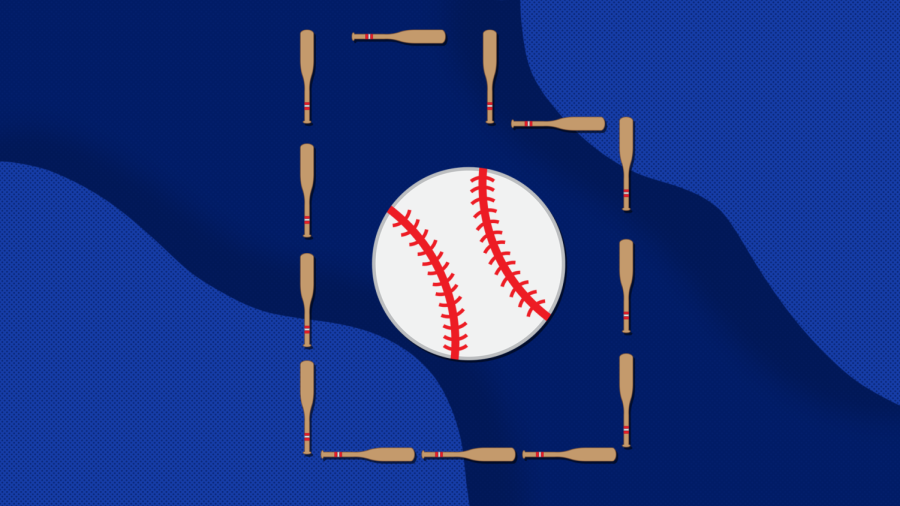Since the early 1800s, the game of baseball has served as an important part of American culture, which eventually earned it the nickname of America’s favorite pastime. The sport was crucial in unifying citizens across the country as communities began to rebuild in the aftermath of the Civil War. It offered individuals a place to find common ground with one another during times of tension.
As years passed, baseball expanded out from the Northeast and made its way across the Mississippi River, finally making an appearance in Utah around 1870. The sport continued to grow in popularity, and the turn of the century saw the arrival of the first minor league teams along the Wasatch front.
The Salt Lake City White Wings and the Lagoon Farmers were the first on the scene in 1901, though each team played just one season before disbanding. The state continued to cycle through various minor league and club teams, and in 1906 the Salt Lake Occidentals were the next up-and-coming team in the Utah baseball community.
Initially formed to play against other small company teams for small bets, the Occidentals were an all-Black team that would quickly prove to be one of the most skilled baseball teams in the state, and eventually in all of the West. However, the first years were somewhat of an uphill battle, despite the team demonstrating their expertise very early on.
Home
In the beginning, the Occidentals toured all through northern Utah, occasionally making it up to Idaho to play local clubs. The team quickly found their flow and consistently put on a remarkable display, garnering impressive crowds in each city they played in. It was on these tours that the team was made to play extra matches, primarily because they were at the hands of an otherwise all-white league. But the team knew their skill and continued to play aggressively.
Following their major success around Utah those first two years, the Occidentals sought an official place in the Utah State League in 1908. Despite the raving reviews and support of their fans, the team was heavily discriminated against by opposing all-white teams. The Murray baseball team swore to abandon the league if the administration accepted an all-Black team, which would inevitably force the two to play against each other.
Unfortunately, prejudice won out, despite the Occidentals being considered a top team. The league ultimately went with the four founding members of Ogden, Fort Douglas, Salt Lake and Murray.
However, a stroke of luck saw the Occidentals get another chance to join the Utah State League. The Fort Douglas team dissolved shortly after the start of that year’s season, and the league had no other option. The Occidentals replaced Fort Douglas and picked up right where they left off.
A quote published in the Desert News in 1908 stated the team had “paid no attention to handicaps under which they had to enter the league; they have played good, earnest ball and provide the fans with their money’s worth every time they play.”
Claiming their spot in the league and establishing themselves as a professional team, the Occidentals went on to sweep the league and became Utah State Champs after a dominating win over Bingham’s Yampa Smelter team in 1909. This new level of success offered the team newfound respect and afforded them the opportunity to embark on a new tour through California.
Away
The tour started in Los Angeles, playing a series against the Los Angeles Giants and winning three of five games. The Occidentals also played an all-Japanese team — other than the pitcher, who was white — and claimed a 7-3 victory in front of 1500 spectators. The team spent another several weeks moving through southern California, playing various Minor and Major League teams in their offseason.
Out of 20 total games played in California, the team only suffered two losses, one of which was to the Santa Ana Yellow Sox, who had Hall of Famer Walter Johnson on their side. Shortly after, the team returned to the Beehive state to play another year in the Utah State League, where they finished in second place during the 1910 season. The Occidentals would play in Utah for another three years before they disbanded in 1913.
Despite a relatively short-lived career, the Occidentals were able to find unprecedented success in a society that tried to exclude them and proved to the sporting community that they were more than the color of their skin. It would, unfortunately, be many decades before movements against these prejudices were initiated, but the Salt Lake Occidentals were some of many individuals who showed resilience and persistence in helping to break those barriers.




